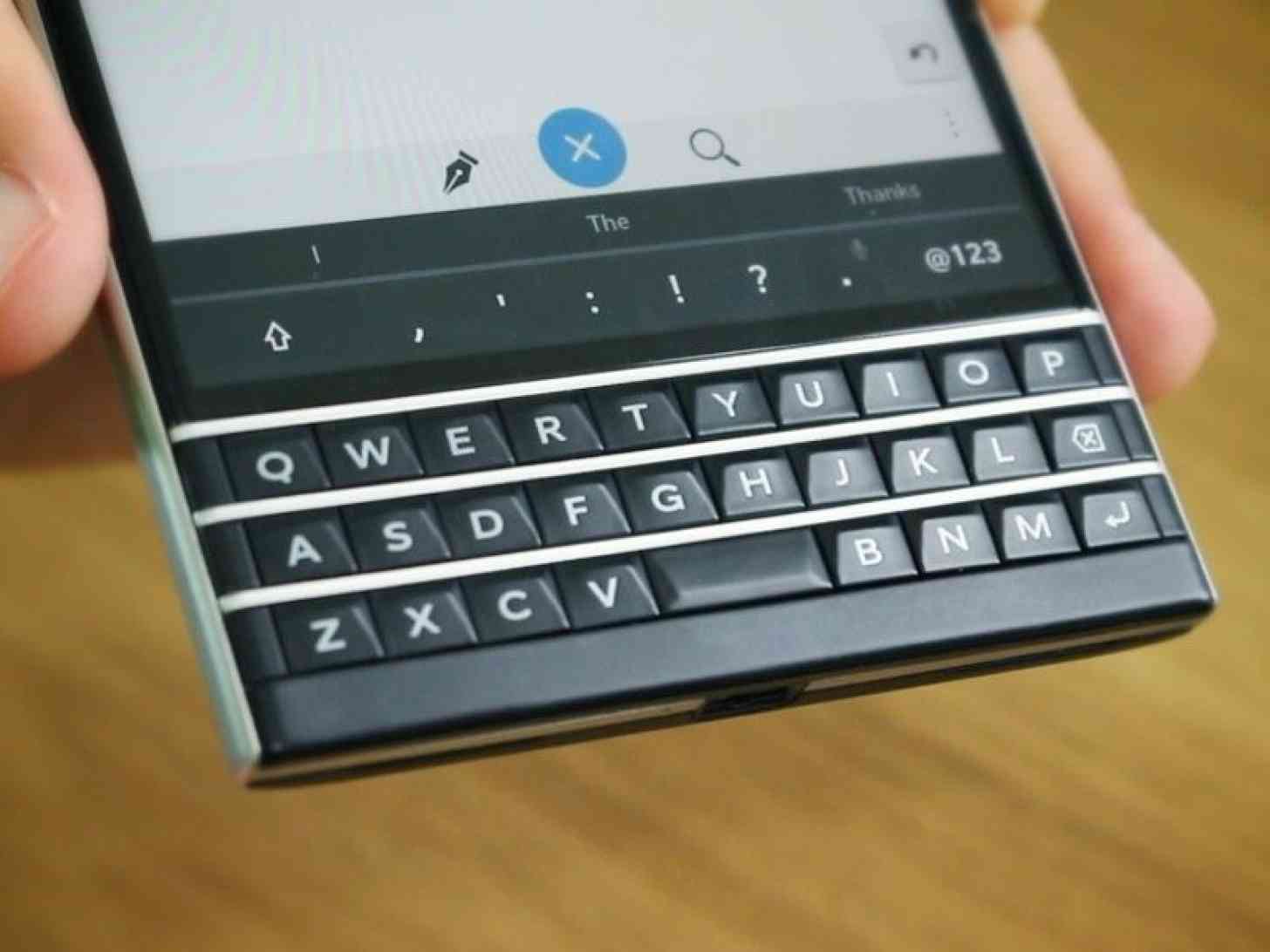
A couple of days ago I was reading an article when I came across a huge advertisement for the BlackBerry Passport. Seeing the advertisement, I realized that I have not actually thought about BlackBerry in its true BlackBerry form for quite some time. Ever since the BlackBerry Priv came on the scene, in my head I’ve kind of written off BlackBerry 10 ever advancing to anything beyond what it is today.
But that’s not entirely true, or at least it hasn’t explicitly been stated so. BlackBerry intends to release 2 new devices in 2016, both of which will run on Google’s Android operating system. Nothing has been said of 2017 and beyond, which leaves the sliver of possibility that BlackBerry could have renewed interest of BlackBerry software running on BlackBerry hardware.
Meanwhile, BlackBerry 10 is presently set to receive two updates this year with versions 10.3.3 and 10.3.4. Incremental updates at best, but updates are important in order to maintain tight security, which is precisely what BlackBerry is good at and known for these days.
For some people, tight security is all that it takes to make the decision to stick with BlackBerry 10 – but not many. As for the rest of the world, the most important things in a phone are great cameras, a thriving app ecosystem, and simplicity. These are things BlackBerry devices running BlackBerry 10 are lacking.
Now, saying that BlackBerry 10 lacks “simplicity” is a little harsh, but the learning curve here is steep if you’re expecting an experience closer to Android or iOS. When it became known that BlackBerry could run Android applications, things got a little exciting. However, this was only possible when Android applications were sideloaded, which might sit well with people who like messing with phones. Not so much for the general consumer. BlackBerry would make this easier later with the addition of the Amazon Appstore, but things still weren’t that simple. Amazon’s Appstore lacks certain important apps from the Google Play Store, like Google Apps. Still, it helped more than hurt; Amazon’s Appstore still has a surprisingly good selection of apps, and can end up saving you cash if you’re into the mobile gaming scene. And at least you weren’t forced to sideload anymore.
Despite everything, though, BlackBerry 10 devices just didn’t cut it for most people who had already written off the platform in favor of Android or iOS. People now expect a smartphone to have the whole package, and BlackBerry’s devices just weren’t cutting it by being “nearly there”.
BlackBerry’s foray into Android with the Priv, I think, was a good move for a couple of reasons. BlackBerry needed the exposure and features that Android could provide, and Android needed the security that BlackBerry could provide. It seems like a good partnership that does give “the whole package” in one device, and not just fragments here and there. Even if sales of the Priv aren’t booming, I have noticed that the BlackBerry name has been spoken about more positively recently. People are taking a renewed interest in BlackBerry.
Perhaps the arrival of the Priv signifies that BlackBerry 10 is in its final days, but without the official word it seems unfair to say so. Perhaps BlackBerry 10 will resurface again in the future, enhanced with whatever knowledge BlackBerry can gain from what consumers use on their Android hardware. That’s my hope anyway, as I’m still not fond of the idea where only two mobile operating systems are what we have to choose from. I’m still rooting for Windows Phone or BlackBerry to gain some traction.
Readers, what have your thoughts on BlackBerry been since the introduction of the Priv? Is BlackBerry better off continuing to use the Android operating system on their hardware, or do you hope to see further development of BlackBerry 10? Let us know in the comments below!